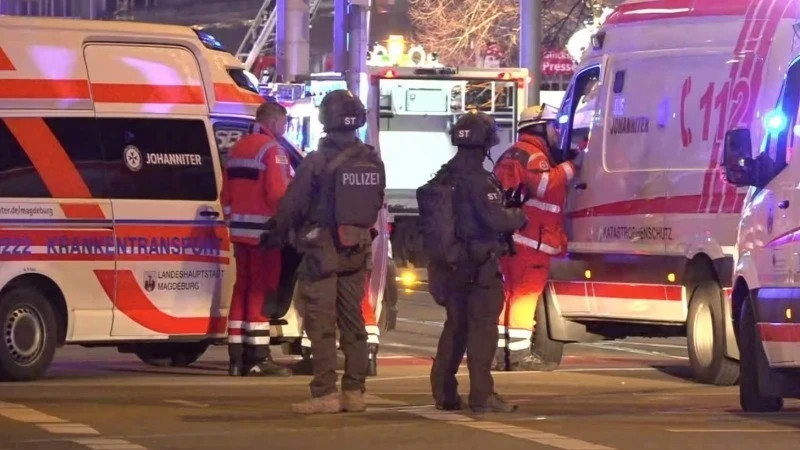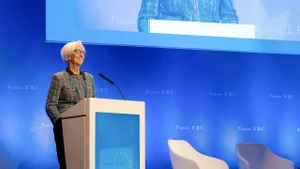A sombre atmosphere shrouds eastern Germany, where a horrific car-ramming incident left at least five people dead and more than 200 injured just before Christmas. In 2024, Germany faced multiple knife attacks, prompting the European nation to tighten regulations on weapon ownership. Several attacks have also occurred in other regions, notably the terrorist attack at Russia’s Crocus City Hall theatre in March 2024, which killed nearly 150 people, shocking the public and leaving families of the victims with an irreparable loss.
Most of the aforementioned attacks are linked to individuals with extremist ideologies, reigniting long-standing debates about immigration control. In European countries, since the massive wave of immigrants in 2015 driven by Middle Eastern conflicts, nationalism, xenophobia, and anti-immigration sentiments have simmered among parts of the population. These factors have also led to numerous pivotal political developments in Europe, most prominently the United Kingdom’s vote to leave the European Union (EU).
In Germany, the far-right Alternative for Germany (AfD) party, advocating stricter immigration policies, is increasingly gaining support from a segment of the population. For instance, after a knife attack in Germany in August 2024 perpetrated by an asylum seeker, the AfD achieved historic victories in two eastern states, Saxony and Thuringia, during local elections.
In the recent attack on the Christmas market in the German city of Magdeburg, the suspect had posted extremist views on social media in recent months, including anti-Islamic statements and expressions of support for the far-right AfD.
Hate and extremist ideologies are spreading on social media platforms at an alarming rate. Recently, the Five Eyes intelligence alliance (comprising the US, UK, Canada, Australia, and New Zealand) warned about the growing number of children being “radicalised” online. The Australian Security Intelligence Organisation (ASIO) reported that around 20% of their priority counter-terrorism cases involve young individuals.
The dissatisfaction of a segment of the population toward immigrants in Europe is not difficult to understand, as governments bear heavy costs for asylum seekers while citizens struggle with the cost-of-living crisis. However, the rise of social media, with its downside of spreading misinformation, has fuelled waves of xenophobia, distrust, and discrimination against immigrants.
These are vulnerabilities that extremist groups exploit to find opportunities to carry out attacks. Germany’s Interior Ministry reported that politically motivated crimes in 2023 increased by 1.9% compared to 2022, reaching a record high of 60,028 cases. Officials emphasise the need to protect citizens from threats such as racism, hostility, anti-Semitism, and anti-Islamic violence.
Amid ongoing conflicts in many parts of the world and a persistent wave of migration fleeing warfare, Europe continues to face a challenging dilemma — balancing national security and stability with fulfilling humanitarian international responsibilities. The reality shows that an effective solution to counterterrorism cannot solely rely on suppression and border controls but must also involve reconciliation and collective efforts to build a peaceful society.
















